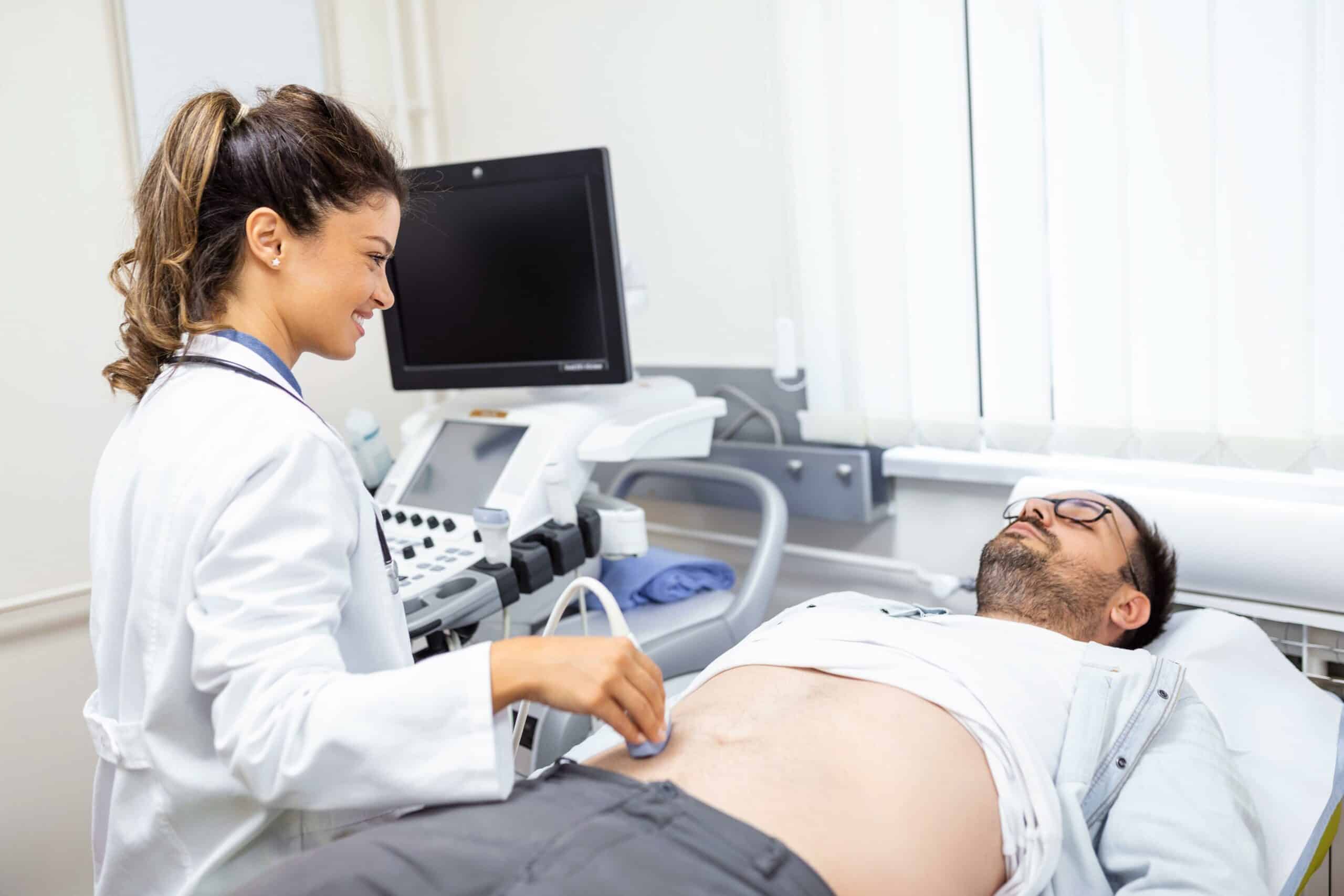In assisted reproductive technology (ART), egg donation has emerged as a beacon of hope for individuals and couples struggling with infertility. This groundbreaking procedure has opened doors to parenthood for countless people worldwide. However, behind the scenes of this remarkable journey lies a crucial process that often goes unnoticed – egg donor screening.
Egg donor screening ensures a healthy match between the recipient and the donor. It is an intricate and meticulous procedure that involves rigorous assessments, medical examinations, and genetic testing. In this modern age, where science and technology have evolved by leaps and bounds, we will delve into the importance of egg donor screening, its multifaceted aspects, and its profound impact on the lives of those involved.
The Egg Donation Revolution
Egg donation has come a long way since its inception. Initially, it was considered a last resort for women who could not produce viable eggs due to various medical conditions. However, today, it has evolved into a prominent option for anyone facing infertility challenges, including same-sex couples and single individuals.
This evolution has been made possible by advancements in egg-freezing techniques, in vitro fertilization (IVF), and the increasing societal acceptance of alternative family-building methods. As a result, the demand for egg donors has surged, making egg donor screening more vital than ever.
The Comprehensive Screening Process
Egg donor screening is a multifaceted process designed to ensure the health and well-being of both the donor and the recipient. This process typically consists of several essential components:
- Medical Evaluation: The first step involves a comprehensive medical examination of the potential egg donor. It includes thoroughly reviewing their medical history, family history, and current health status. Any underlying medical conditions that might affect the donor’s health or the quality of the eggs are assessed.
- Psychological Assessment: The emotional and psychological well-being of the donor is equally essential. A psychological assessment helps identify potential mental health issues or concerns that may affect the donor’s ability to cope with the process.
- Genetic Testing: Genetic Screening is a critical aspect of egg donor screening. It helps identify any genetic disorders or conditions that may be hereditary and could be passed on to the offspring.
- Infectious Disease Testing: Donors undergo rigorous testing for infectious diseases such as HIV, hepatitis B and C, syphilis, and other sexually transmitted infections. This step is crucial to prevent the transmission of diseases to the recipient or the future child.
- Drug and Substance Abuse Screening: Drug and substance abuse screening is performed to ensure the unborn child’s safety. It helps identify any potential risks associated with substance use.
- Counseling: Donors often receive counseling to understand their decision’s emotional and ethical implications. They are also educated about the physical and emotional challenges they may face during the donation process.
- Legal Considerations: Legal contracts are drawn up to protect the rights and responsibilities of both the donor and the recipient. These contracts cover issues such as parental rights and financial agreements.
Why Egg Donor Screening Matters
- Health and Safety: The foremost reason for stringent egg donor screening is the recipient’s and future child’s health and safety. Screening helps identify potential health risks and ensures that only healthy eggs are used in IVF.
- Genetic Compatibility: Genetic testing is essential to prevent the transmission of hereditary genetic disorders to the offspring. It ensures that the child has the best chance of being born healthy.
- Mental and Emotional Well-being: The psychological assessment and counseling help donors understand the emotional implications of their decision. It also ensures that they are mentally prepared for the process.
- Legal Clarity: The legal aspects of egg donation protect the rights of all parties involved and provide a clear framework for the process.
The Impact on Recipients
For recipients, egg donor screening is not just a necessary step; it’s a lifeline to their dreams of parenthood. The following are some of how this process profoundly impacts their lives:
- Peace of Mind: Knowing that the donor has undergone rigorous Screening gives recipients peace of mind. They can trust that every possible precaution has been taken to ensure a healthy pregnancy and child.
- Increased Success Rates: Screening ensures that the eggs used in the IVF procedure are of the highest quality. It increases the chances of a successful pregnancy and a healthy baby.
- Reduced Stress: The emotional rollercoaster of infertility can be incredibly stressful. Knowing that the donor has been thoroughly screened helps reduce stress and anxiety for recipients, allowing them to focus on the joy of parenthood.
- A Sense of Empowerment: Egg donor screening empowers recipients to make informed choices about their donors. They can review medical and psychological profiles, ensuring a better match for their family.
The Impact on Donors
While egg donor screening may seem like a daunting process for potential donors, it also has a profound impact on their lives:
- Emotional Fulfillment: Many donors find immense fulfillment in knowing they are helping others achieve their dreams of parenthood. It’s a selfless act that can bring a deep sense of purpose.
- Medical Insights: Donors receive a thorough medical evaluation during the screening process. It can be valuable for their health, as it may uncover previously undetected medical conditions.
- Psychological Support: Donors receive counseling and support to navigate the emotional complexities of the donation process. This support can be instrumental in their well-being.
- Financial Compensation: While monetary compensation is not the primary motivator for most donors, it can be a welcome benefit. It helps cover expenses and compensates donors for their time and effort.
The Future of Egg Donor Screening
As science and technology continue to advance, the field of egg donor screening is poised for further improvements. Here are some trends and potential developments to watch for:
- Advanced Genetic Testing: Genetic testing techniques are becoming increasingly sophisticated, allowing for more comprehensive Screening of potential genetic disorders.
- Personalized Medicine: Genetic advancements may enable personalized donor-recipient matches that consider genetic compatibility and optimize the chances of a healthy pregnancy.
- Expanded Donor Pools: With the global reach of the internet and advances in telemedicine, the pool of potential donors is increasing, providing more options for recipients.
- Ethical Considerations: As the field evolves, ongoing discussions and ethical considerations about donor compensation, informed consent, and the rights of all parties involved will continue to shape the landscape.
Conclusion
Egg donor screening is not just about biology; it’s about creating families, fulfilling dreams, and providing hope to those who thought parenthood was out of reach. It represents the intersection of science, technology, compassion, and the human spirit and plays a pivotal role in reshaping the landscape of parenthood in the 21st century. As we progress, let us continue prioritizing and championing the importance of egg donor screening, ensuring that every match is healthy.
Are you on the path to parenthood through egg donation? At Global D&S Agency, we understand the profound significance of this journey. We’re here to make your dreams of building a family a reality while prioritizing the health and well-being of all involved. Say hello to a new era of Egg Donor Screening!
Your journey to parenthood is our passion. We believe in the power of family and are dedicated to ensuring that your experience is safe, supported, and successful. At Global D&S Agency, we combine science, compassion, and expertise to create the perfect match for your family. Contact Us Today! Your dreams are within reach!







